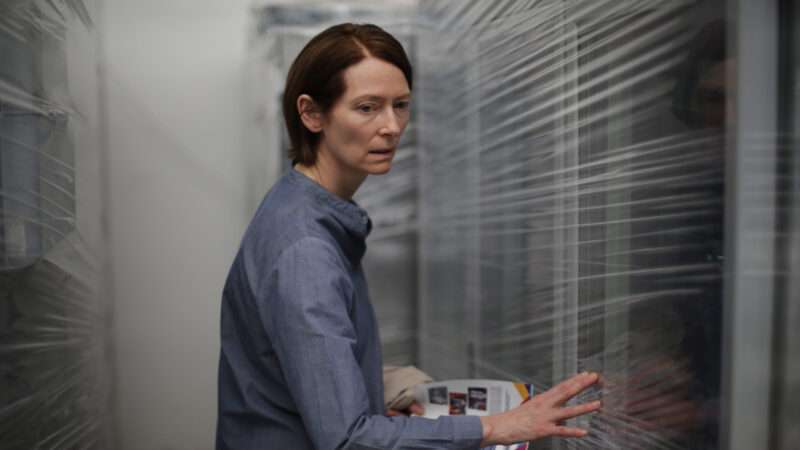
It would be wrong to say that “slow cinema,” as the genre is sometimes called, is simply a pigeonhole for arthouse movies in which not a lot happens and no thought is given to making it not happen a little more quickly. For bad movies, in other words. But this is not always the case. Many years ago, in a state of jet-lagged exhaustion, I attended a screening of Silent Light, a movie by the Mexican director Carlos Reygadas, a celebrated devotee of cinematic slowness. As the picture’s opening shots of slowly spreading dawn sunlight crawled along for about six wordless minutes, followed by the realization that the story we were about to see would be set in a colony of German-speaking Mennonite farmers in northern Mexico, I began to feel a huge nap coming on.
But the movie cast an unexpected spell. One of the farmers, a happily married man, fell in love with another woman, and in a transport of candor decided to admit this to his wife, and to keep her posted as the affair progressed. Spiritual complexities arose and the cast, composed entirely of non-actors, negotiated them convincingly. By the end of the film, all thoughts of napping had fled. Silent Light might be slow, and obscure, but I’d watch it again.
That desire will never arise in connection with the latest movie by another slow master, the Thai writer-director Apichatpong Weerasethakul. This much-lauded filmmaker has accumulated an abundance of frequent-flier miles over the past 20 years cruising around to Cannes and other film festivals to be adulated for pictures like Uncle Boonmee Who Can Recall His Past Lives. But his new one, Memoria—while already a hit with excitable reviewers—is virtually a parody of an awful arthouse movie. It’s got everything: no action, no humor, virtually no story and therefore no need to keep one moving along. Like other bad art films—David Lynch’s Inland Empire and Jim Jarmusch’s The Limits of Control leap to mind—Memoria seems designed to bore us rigid.
The star is Tilda Swinton, a fearless actor with a passion for exotic characters. If anyone could salvage this movie, it would be her; but no one could, and she can’t. She plays a woman named Jessica Holland, who lives in Colombia for some reason (something to do with growing orchids). Jessica is plagued by mysterious explosive sounds, of a sort that might be created by a grenade going off in a dumpster. As a plot device, this is exceedingly uninteresting; nevertheless, the explosions, which only Jessica can hear, continue.
Jessica walks around Bogotá, and we watch. She sits at a table, doing nothing, and we watch. She pages through a book and, yes, we watch. (The director’s camera rarely moves.) She encounters people who use expressions like “the perfume of decay” and “molecular spectacle.” She herself asks someone, “Do you understand monkey language?” (The answer: “Sí.”) In a sudden outbreak of…not action, but at least sustained movement, she is given a tour of a warehouse filled with refrigeration units. In a section of the film that approaches the outskirts of humor, Jessica recruits a recording engineer to help recreate the sound she keeps hearing, and he asks, “Have you been to Tokyo?”
I deeply wished I were there at that very moment.
The post Review: <em>Memoria</em> appeared first on Reason.com.
from Latest https://ift.tt/wCyhW17
via IFTTT